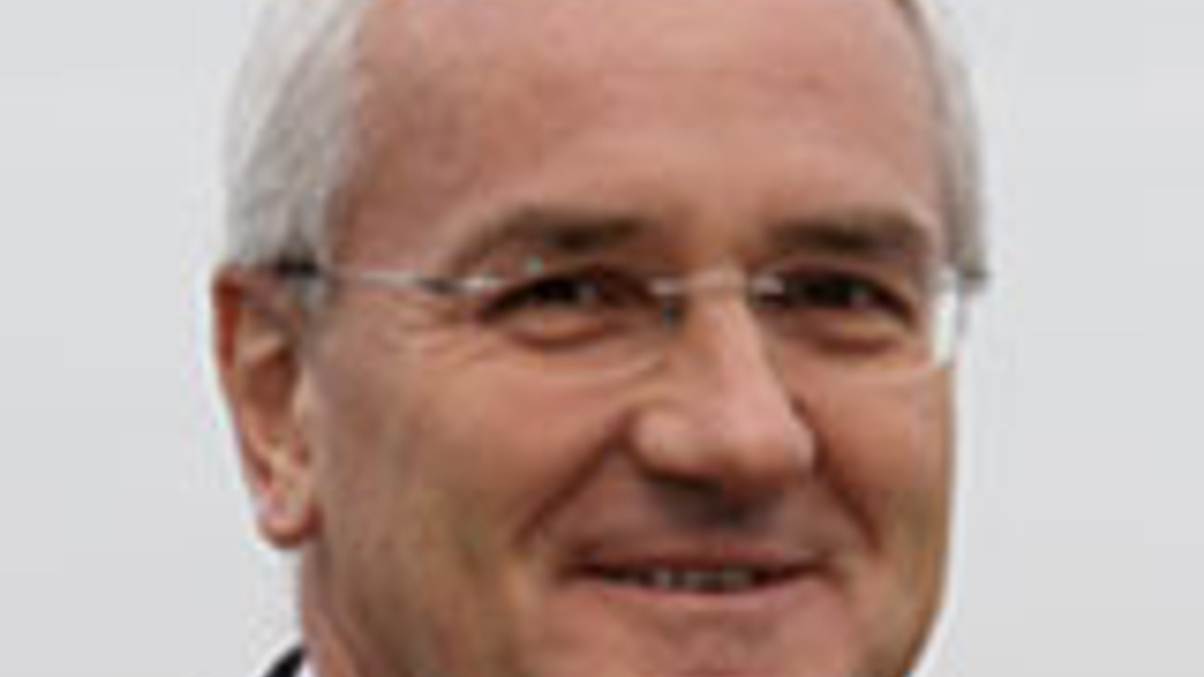Why has Asia not copied the Ucits model?
In a debate over what would make an Asia fund passport successful, panelists in Singapore question why Asia has not tried to plagarise Europe's successful cross-border scheme.

Asia should simply copy Europe's successful Ucits framework rather than striving to develop its own fund passporting programme, a senior HSBC executive has urged.
Sign in to read on!
Registered users get 2 free articles in 30 days.
Subscribers have full unlimited access to AsianInvestor
Not signed up? New users get 2 free articles per month, plus a 7-day unlimited free trial.
¬ Haymarket Media Limited. All rights reserved.


